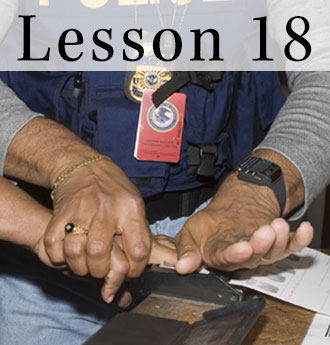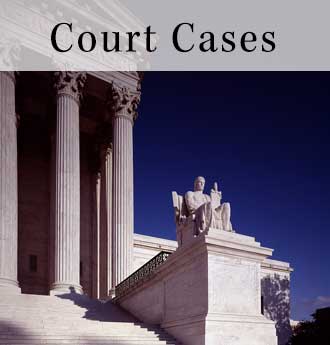Lesson 18: How Has the Due Process Clause of the Fourteenth Amendment Changed the Constitution?
Locke, John (1632-1704) John Locke, a physician and philosopher, worked with famous scientists, including Robert Boyle and Robert Hooke. In contrast to Hobbes, Locke used state of nature and social contract theory to justify limited government and the preservation of individual rights, particularly life, liberty, and property. Locke is sometimes called "America's philosopher" because his Second Treatise of Government (1690) was widely read by the colonists and important ideas found in it (as well as in works of English republican writers) are found in the Declaration of Independence, especially his theories of natural rights and his defense of violent revolution after "a long train of abuses" of power by rulers. Two verbatim phrases of Locke's are found in the Declaration.








